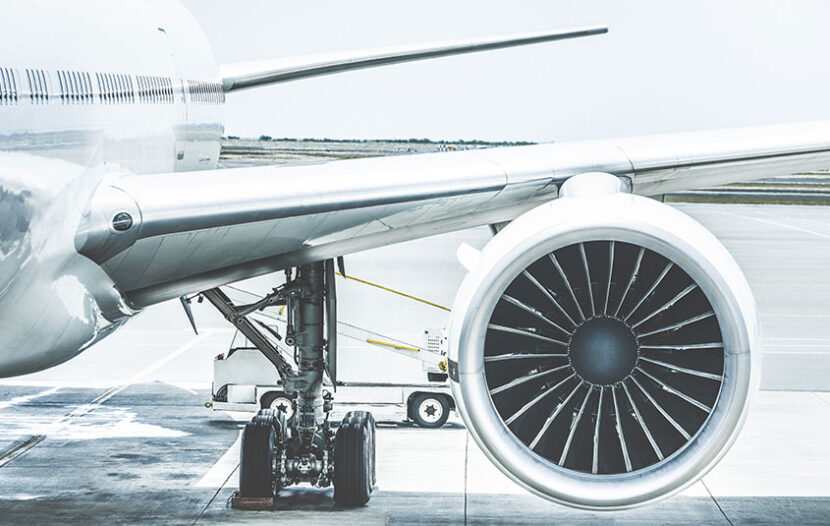GENEVA — IATA has pegged 2024 as the year international airline traffic will finally surpass pre-COVID-19 levels.
Overall traveller numbers will hit 4 billion in 2024, according to IATA’s projections, which will put it at 103% of 2019’s total. For this stat counts multi-sector connecting trips as one passenger.
“The trajectory for the recovery in passenger numbers from COVID-19 was not changed by the omicron variant. People want to travel. And when travel restrictions are lifted, they return to the skies. There is still a long way to go to reach a normal state of affairs, but the forecast for the evolution in passenger numbers gives good reason to be optimistic,” said IATA’s Director General, Willie Walsh.
Here are the highlights from IATA’s latest update …
- In 2021, overall traveller numbers were 47% of 2019 levels. This is expected to improve to 83% in 2022, 94% in 2023, 103% in 2024 and 111% in 2025.
- In 2021, international traveller numbers were 27% of 2019 levels. This is expected to improve to 69% in 2022, 82% in 2023, 92% in 2024 and 101% in 2025.
Walsh acknowledges that IATA’s forecast doesn’t factor in the impact of the Russia-Ukraine conflict. He notes that, in general, air transport is resilient against shocks and this conflict is unlikely to impact the long-term growth of air transport. However the impact on airline costs as a result of fluctuations in energy prices or rerouting to avoid Russian airspace could have broader implications, plus consumer confidence and economic activity could be impacted even outside of Eastern Europe.
Looking at domestic travel, IATA’s numbers show that domestic traveller numbers in 2021 were 61% of 2019 levels. This is expected to improve to 93% in 2022, 103% in 2023, 111% in 2024 and 118% in 2025.
While the U.S. and Russian domestic markets have recovered, the same is not true for the other major domestic markets of China, Canada, Japan and Australia, says Walsh.
“The biggest and most immediate drivers of passenger numbers are the restrictions that governments place on travel. Fortunately, more governments have understood that travel restrictions have little to no long-term impact on the spread of a virus. And the economic and social hardship caused for very limited benefit is simply no longer acceptable in a growing number of markets. As a result, the progressive removal of restrictions is giving a much-needed boost to the prospects for travel,” he said.
“In general, we are moving in the right direction, but there are some concerns. Asia-Pacific is the laggard of the recovery. While Australia and New Zealand have announced measures to reconnect with the world, China is showing no signs of relaxing its zero-COVID strategy. The resulting localized lock-downs in its domestic market are depressing global passenger numbers even as other major markets like the US are largely back to normal,” he added.
IATA reiterates its call for:
- The removal of all travel barriers (including quarantine and testing) for those fully vaccinated with a WHO-approved vaccine
- Pre-departure antigen testing to enable quarantine-free travel for non-vaccinated travellers
- Removing all travel bans, and
- Accelerating the easing of travel restrictions in recognition that travelers pose no greater risk for COVID-19 spread than already exists in the general population.

